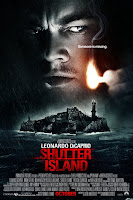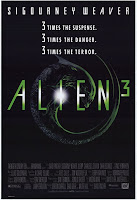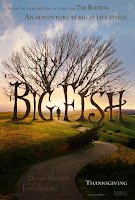 **** out of ****
**** out of ****Despite her Golden Globe for Best Supporting Actress in Mike Nichols' "Closer" (2004), Natalie Portman's acting has not done much for me... until now. Her portrayal of Nina Sayers, the new prima ballerina who goes increasingly insane to personify the white swan and black swan in an haute couture version of Tchaikovsky's "Swan Lake," is nervous, fragile, and beautiful. (A Best Actress win at the Oscars should not be far out of reach.) Darren Aronofsky's — dare I say it — masterpiece film, "Black Swan," in which not a shot goes unwasted, toys creatively with visual and physical doubling, balancing on classic films such as "The Red Shoes" (1948), "All about Eve" (1950), and the œuvres of Alfred Hitchcock and Roman Polanski for inspiration. For those with low tolerance for thrillers and horror films (and/or nauseatingly high-speed, quaking handheld shots), you will find that "Black Swan" hits that capacity several times in multiple gut-wrenching shots and cuts — though it is always satisfying. This (Best Picture?) will certainly be remembered for years to come for its formal and narrative perfection. (Of note is the motif of close-ups of the fragmented body.) Barbara Hershey delivers her best performance in years as Nina's dominating mother. Winona Ryder — underused and underappreciated — makes the most of her approximately ten minutes (total) on camera as outgoing prima ballerina Beth (an aged version of the faded bitch Veronica from the Gen-X film "Heathers" that originally made her famous). Portman's co-star, Mila Kunis, has been somewhat overhyped as the vixen "black swan" paradigm, Lily, with whom Portman shares a notably erotic sex scene (one of the best in recent years — on par with Patrick Wilson's and Malin Åkerman's in "Watchmen"). Though perhaps her best performance to date, Kunis is (like her character in the film) much less precise and is (unlike her character in the film) much less dynamic than Portman. 2010, 108 mins.








